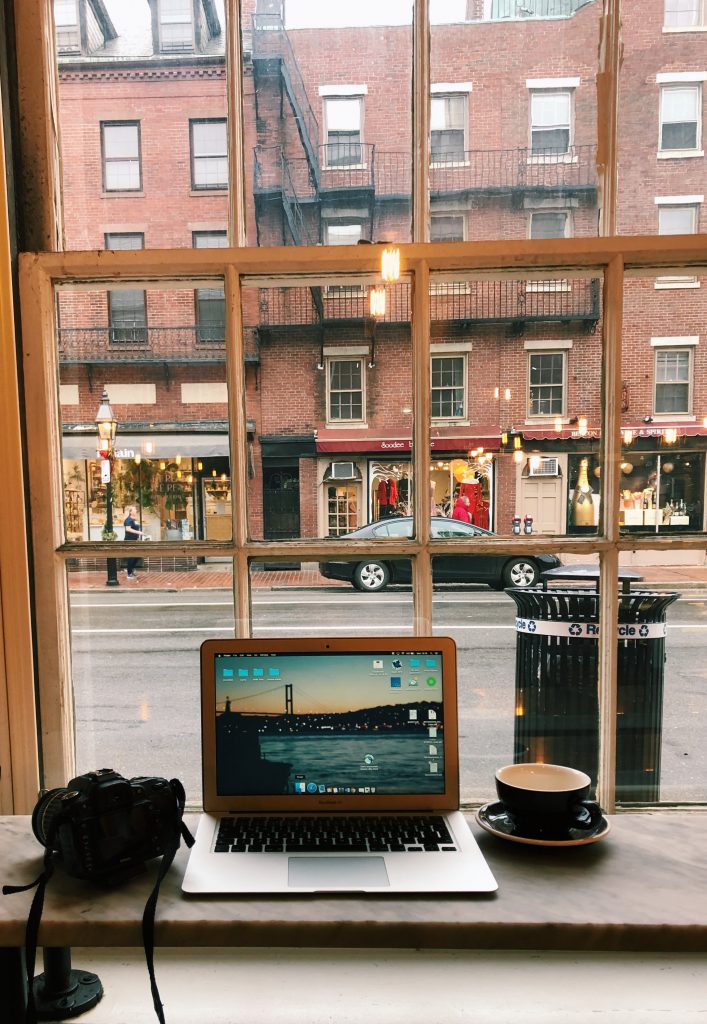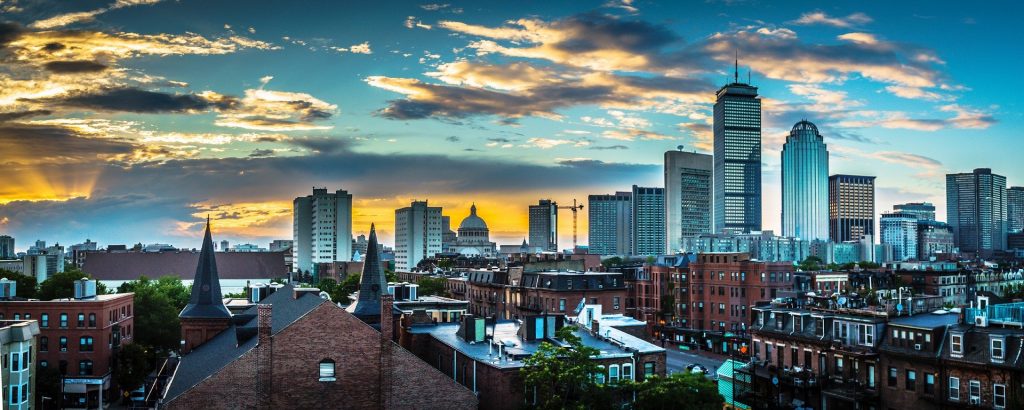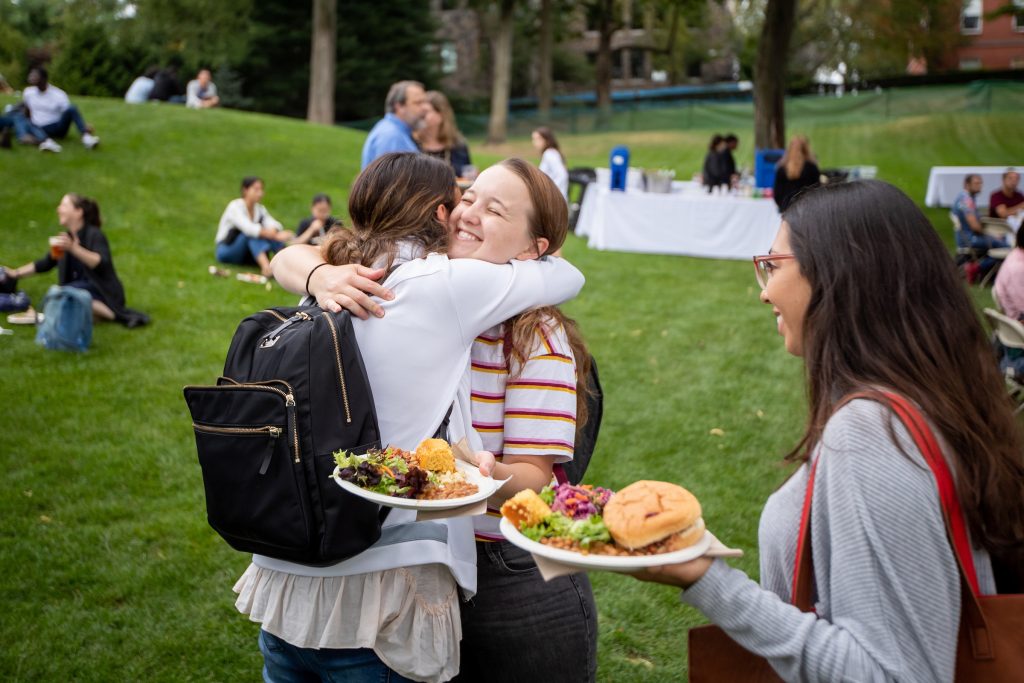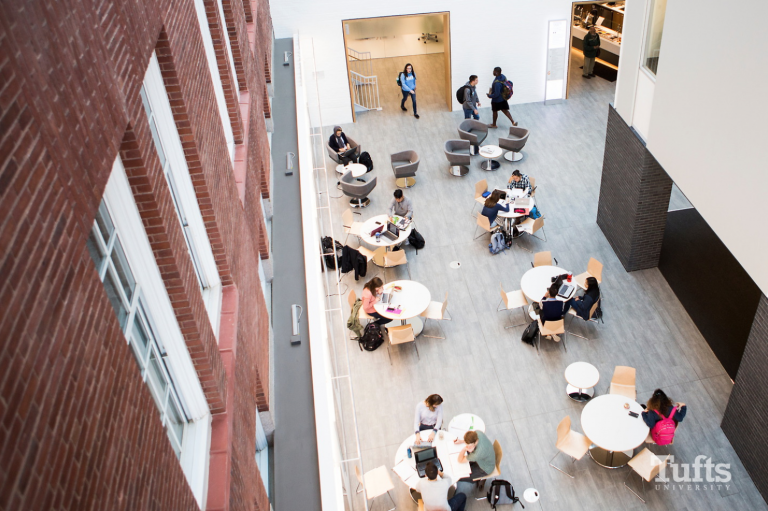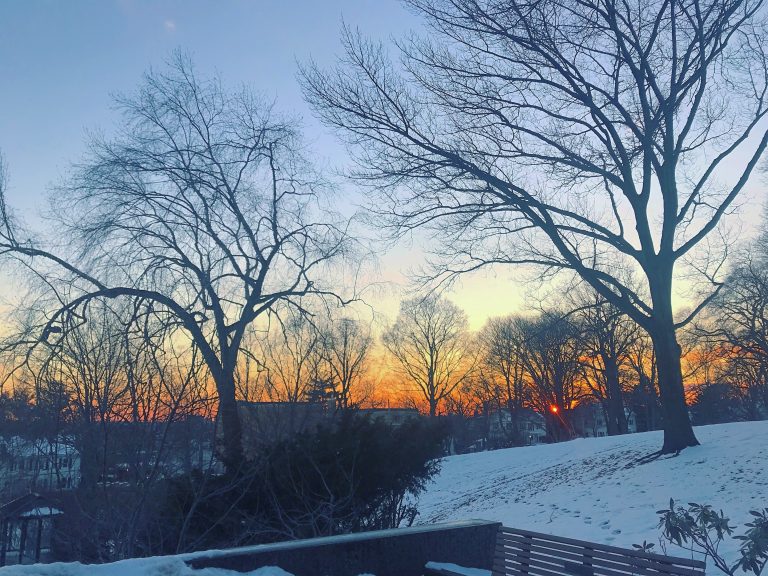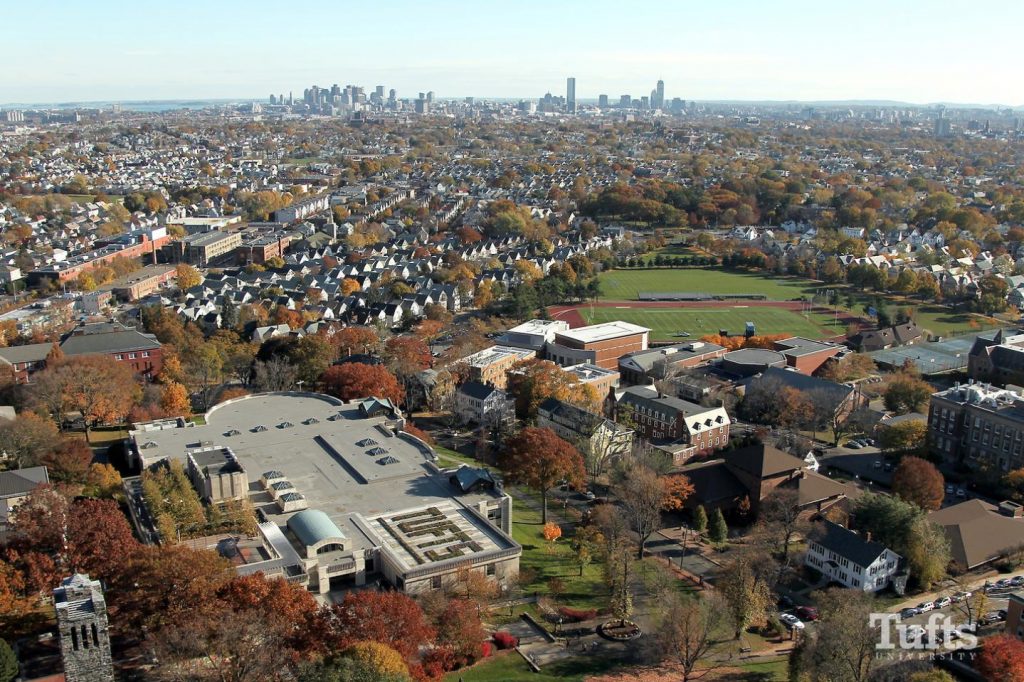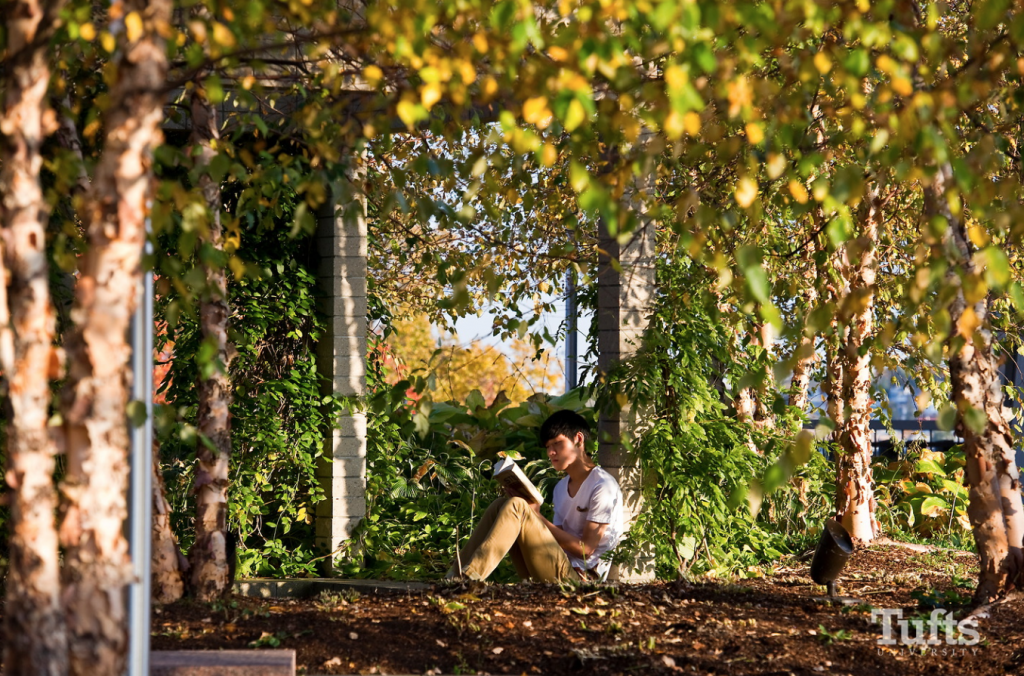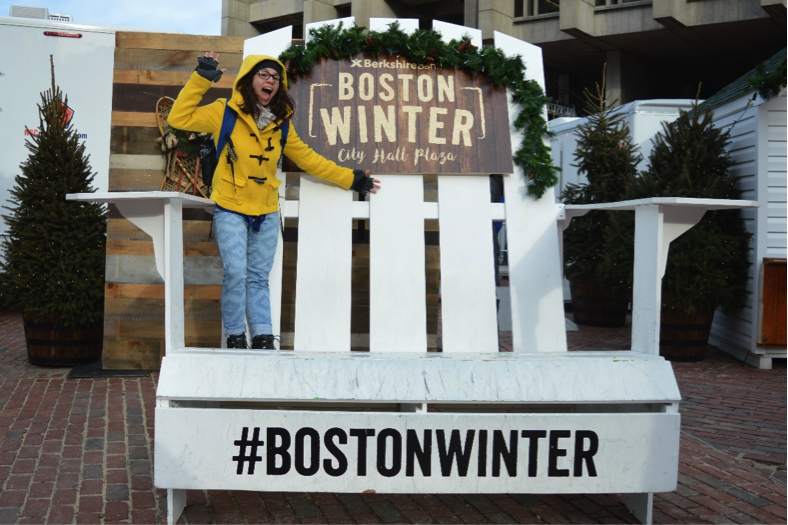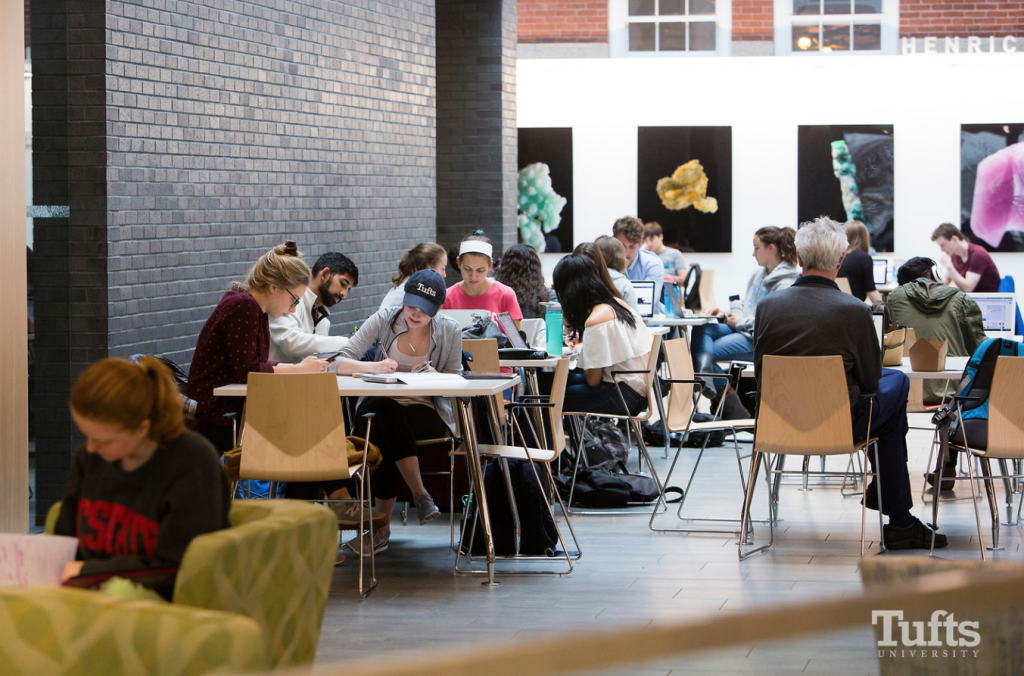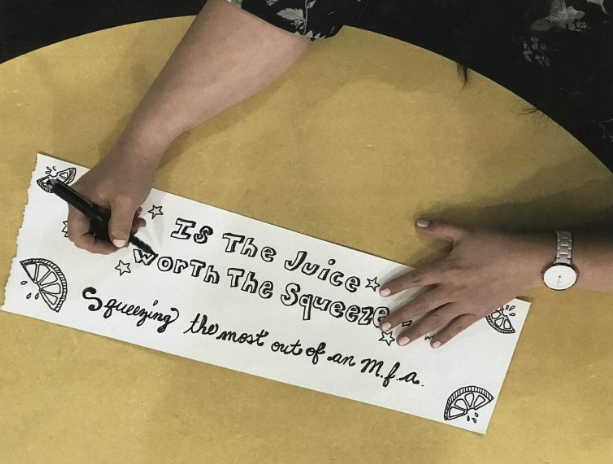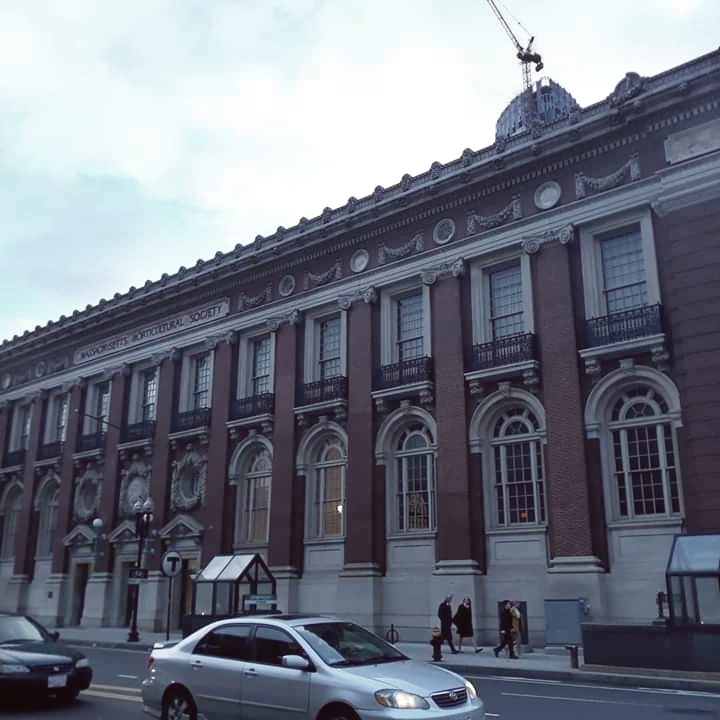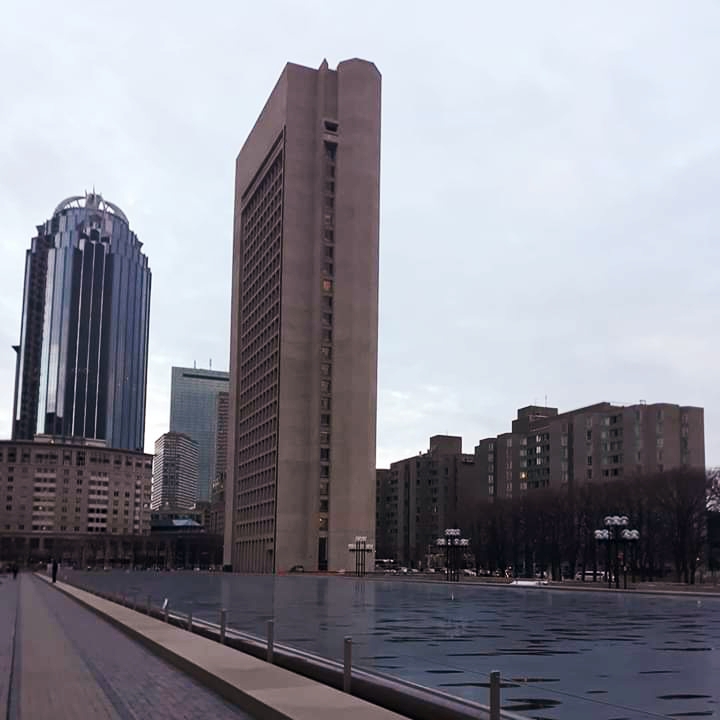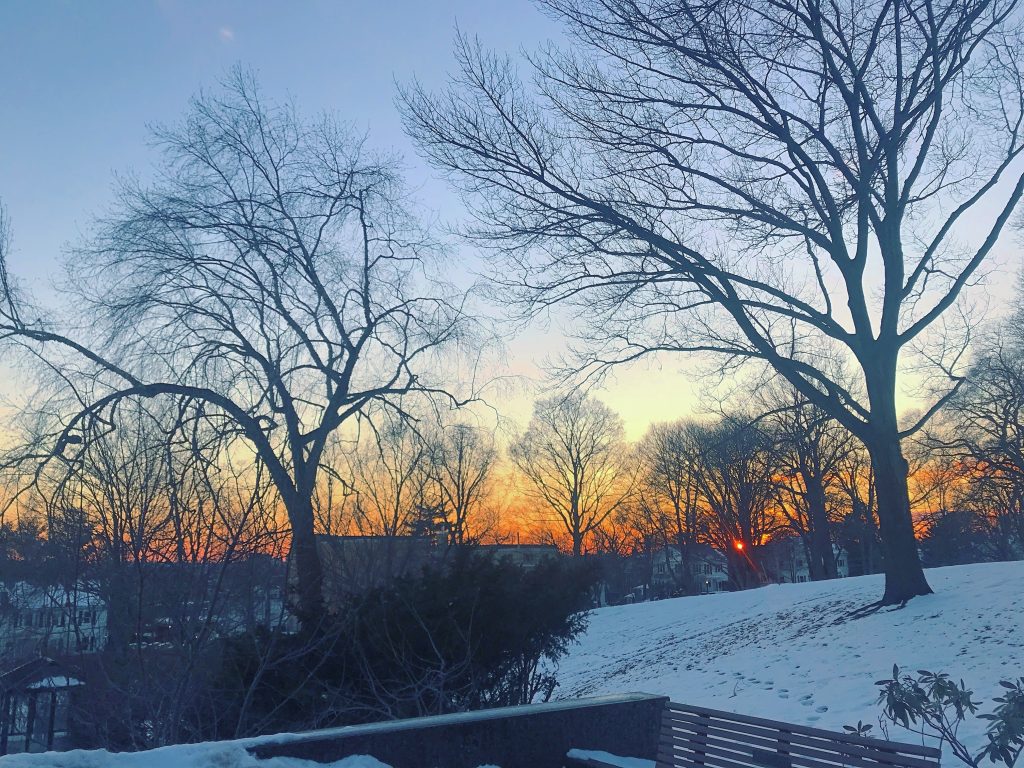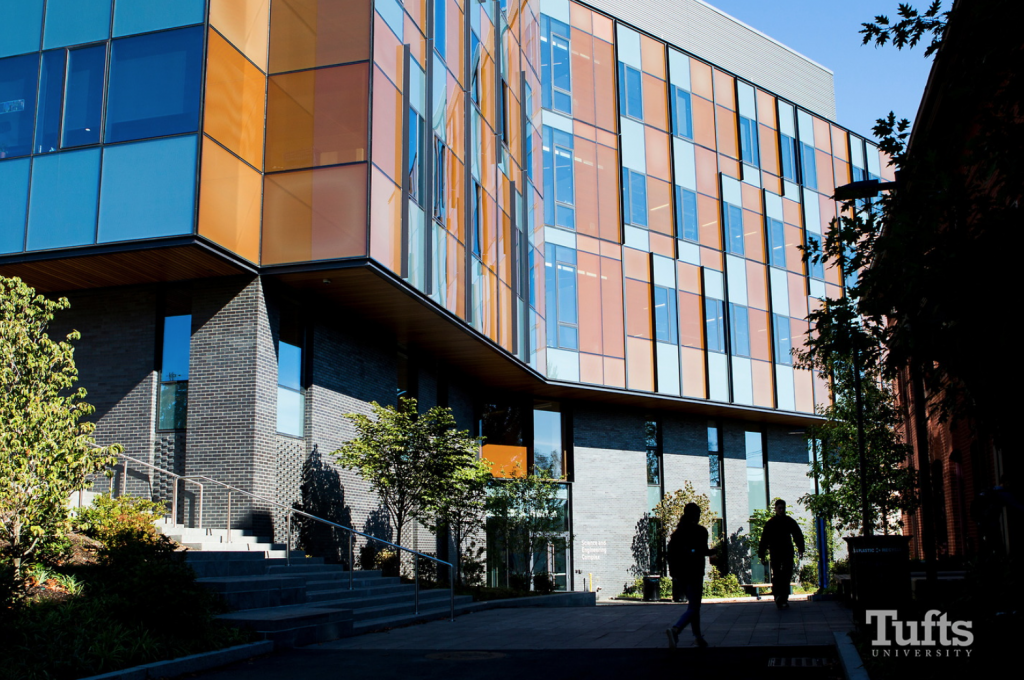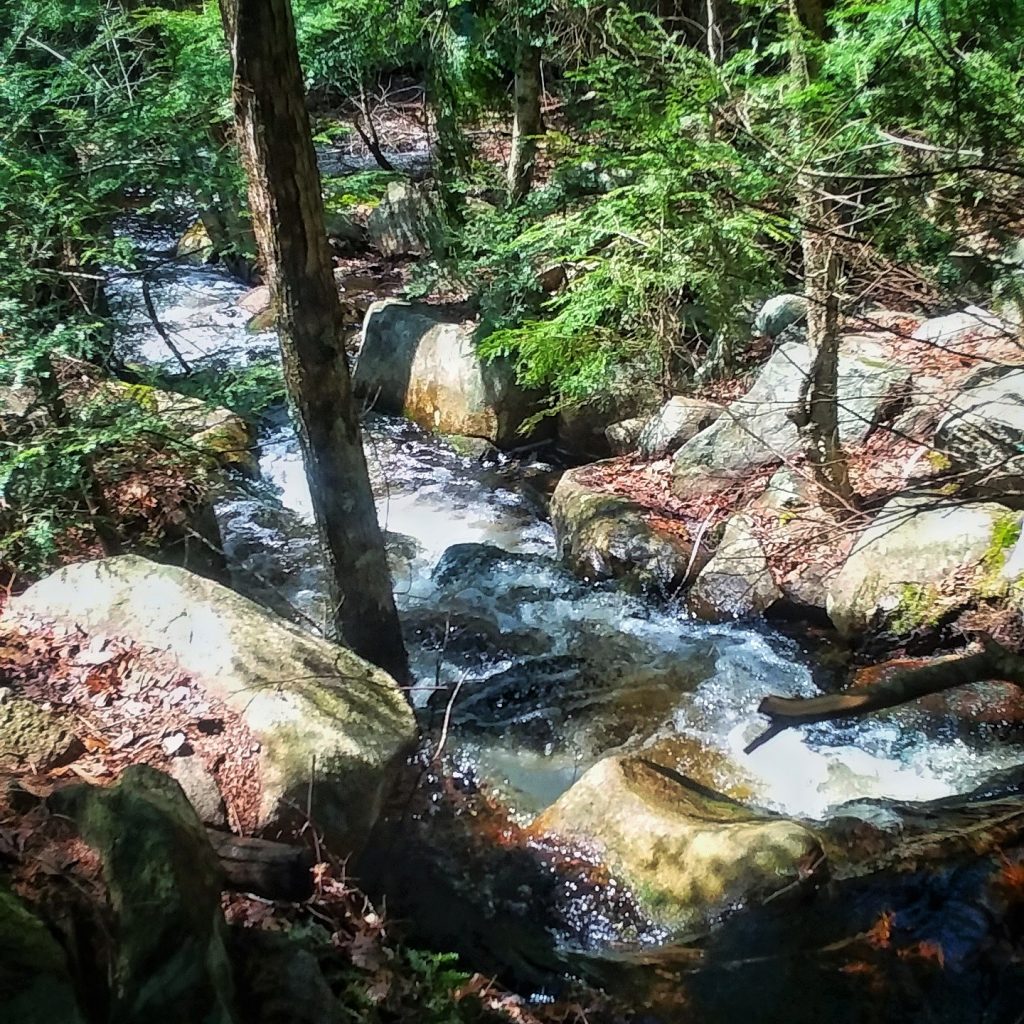
Written by Abigail Epplett, M.A. 2021 in Museum Education
Need to get away from campus for the day? There are plenty of things to do away from the hustle and bustle of Boston. If you love to spend time outdoors or learn about history, check out the region where I am from: the Blackstone River Valley. Extending from Worcester in south-central Massachusetts to Pawtucket in northern Rhode Island, this National Historical Park offers a wide variety of activities and destinations, from zoos and museums to hiking trails and bikeways. You might even check out the Cummings School of Veterinary Medicine at the Tufts University campus in Grafton, MA. As I continue to shamelessly plug my home region, here are some suggestions for what to do on your day in the Valley.
Visit Worcester
Worcester is the second largest city in Massachusetts, edging out Springfield by about 30,000 residents. While diminutive in comparison to Boston, the city offers art, culture, and history without the high price of parking or traffic. See fine art from around the world at the Worcester Art Museum, whose exhibits range from an enormous Greek floor mosaic and a medieval armor collection to special exhibits highlighting baseball-inspired fashion and early American folk art. Explore local history at the Worcester Historical Museum & Salisbury Mansion, where an entire exhibit is dedicated to Harvey Ball, the Worcester native who created the smiley face. If you’re traveling with children, or you’re young at heart, visit the eclectic Ecotarium, part children’s museum and part zoo. Be sure to say hello to my favorite residents, Salton and Freyja, the mountain lion siblings who live at the museum’s Wild Cat Station. If indoor adventures aren’t your style, swing by the Blackstone Heritage Corridor Visitor Center in Worcester to check out the exhibits and grab maps of local trails before heading south for a day of biking & hiking. If you miss this venue, don’t worry! Similar visitor centers are located in Whitinsville, MA and Pawtucket, RI.
Biking & Hiking
The Blackstone Valley Greenway is a project to connect Worcester to Providence through a series of bike trails. Currently, three sections of off-road, paved trails make up seventeen miles of the bikeway, with further expansion in progress. The path crosses through many of the towns in the Valley and is a great way to get some exercise while touring the area, with plenty of signage along the way. Visit the Captain Wilbur Kelly House Transportation Museum beside the path in Lincoln, RI to learn more about the Blackstone Canal and the Industrial Revolution.
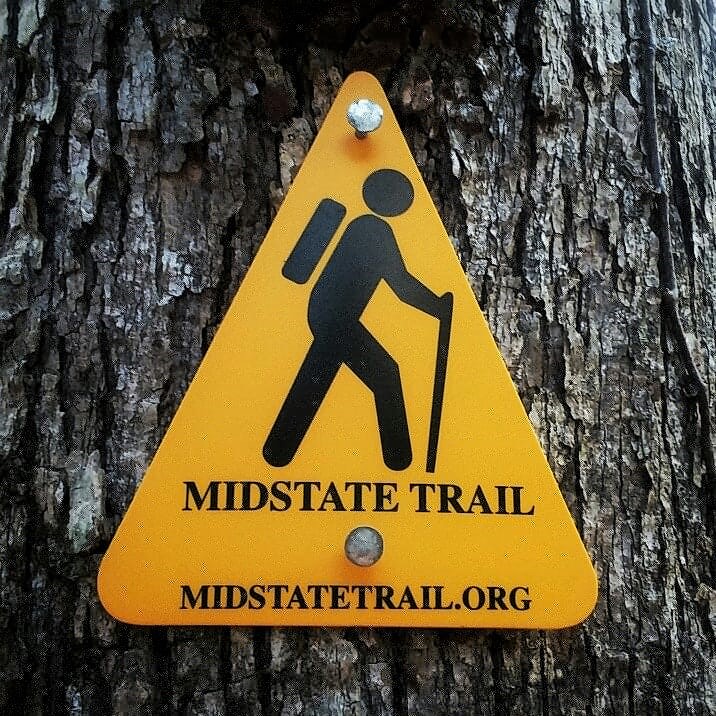
Follow the remains of the canal by biking or hiking on the historic towpath from Plummer’s Landing in Northbridge to Stanley Woolen Mill in Uxbridge. Take note that some areas of this path are badly eroded. If you want a less arduous trip, stick to the walking tour near the Canal Heritage State Park portion of the trail. The visitors’ center at River Bend Farm also provides parking and restrooms, along with areas to picnic, fish, and canoe or kayak. Just down the street is West Hill Dam Reserve, which is managed by the Army Corps of Engineers. The reserve permits dog walking and horseback riding on the trails, and swimming is permitted on the beach.
For more easy biking and walking, head south to Lincoln, Rhode Island for two different outdoor experiences. First, you can roam the fields of Chase Farm, located between the Hearthside House Museum & Hannaway Blacksmith Shop and Historic New England’s Eleazer Arnold House. The blacksmith shop holds classes for smiths at any level on most Sundays, while both houses offer led tours. If you would rather stick to a path, visit Lincoln Woods, part of the Rhode Island State Parks. This slightly hilly three mile loop takes walkers and bikers around a pond suitable for swimming, fishing, and boating. When looking for more extreme outdoor adventures, check out Purgatory Chasm State Reservation in Sutton, managed by the Department of Conservation and Recreation (DCR). Hike the trail through the chasm, or bring your own rock climbing gear to scale the walls. Make sure to wear closed-toe shoes and carry plenty of water. The hike back is longer than you think! If you enjoy long walks without a climb, try Douglas State Forest, also managed by DCR. This trail system connects to the Southern New England Trunkline Trail, which runs near the Massachusetts – Rhode Island border for twenty-two miles.
Even More History!
If you’re a tinkerer or inventor, you’ll love the Willard House & Clock Museum in North Grafton, MA. The small museum showcases over 80 clocks made by the Willard family during the 18th and 19th centuries. The building itself is listed on the National Register of Historic Places and retains its original character. The spacious lawn of the museum makes it an ideal place for plein air painting and photography. Museum of Work & Culture in Woonsocket, RI houses multiple exhibits on the lives of mill workers in the Blackstone River Valley, focusing on the experience of French-Canadian immigrants to the region. Life-sized reproductions of houses, a church, a parochial school classroom, and a union hall combine with video presentations and sound effects to create an immersive experience.
To see the mill that started the Industrial Revolution in the United States, visit Old Slater Mill National Historic Landmark in Pawtucket, RI. The building is currently closed as its programs undergo a transformation after its purchase by the National Park Service. Current signage around the building tells the story of the mill, although it’s unclear when tours will begin again.
Nature within Your Grasp

Animal lovers might hesitate to travel abroad to see their favorite species, but here in the Blackstone River Valley, exotic animals are never more than a few minutes away. You can see over 850 species from around the world by visiting family-owned Southwick Zoo in Sutton, MA. My favorite exhibit is the Deer Forest, where visitors can pet and feed tame fallow deer. While you can’t take a deer back to campus, you can bring home fresh fruits and vegetables from nearby farms. Visit Wojcik Farm in Blackstone, MA; Foppema’s Farm in Northbridge, MA; and Douglas Orchard in Douglas, MA to buy locally grown produce, jams, and baked goods from an old fashioned farm store. If you would rather get your fruit directly from the field, Sunburst Blueberry Farm in Uxbridge, MA offers pick-your-own blueberries in July. Be sure to come early! Between the efforts of long-time local pickers and the birds, there aren’t many ripe blueberries left by the afternoon.
So Much to Do, and So Close By!
When you need a day away but don’t want a long commute, the Blackstone River Valley is the perfect place to take a break. Whether it’s learning the history of the region, exploring on a trail, eating fresh food, or simply relaxing at one of the many parks, you can be sure to find something that interests you. I hope you enjoy your next trip to the Valley! Be sure to tell them that I sent you.




